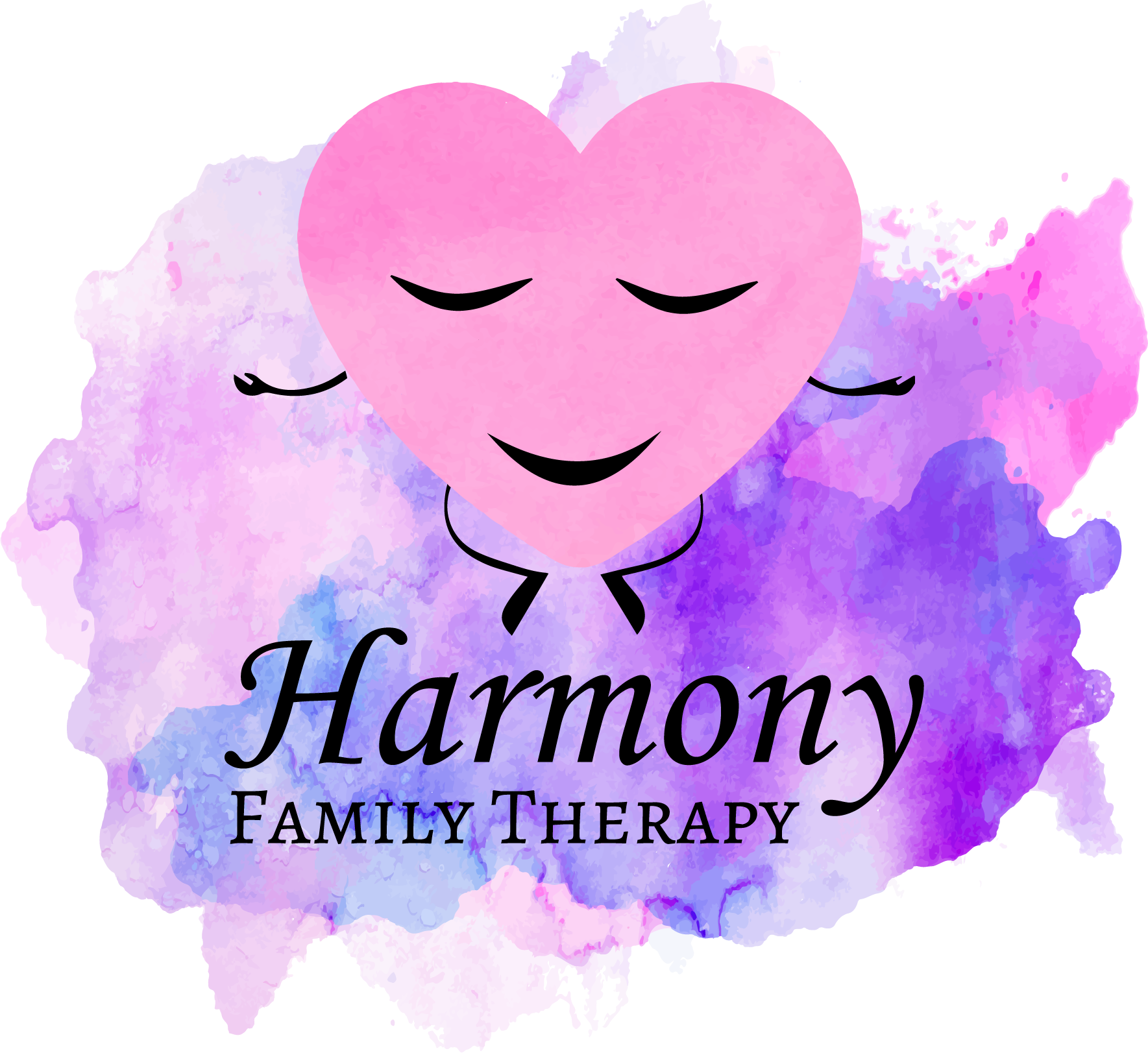As a family therapist, one of the most common issues I see in families is poor communication. Communication is the foundation of any healthy relationship, and families are no exception. When communication breaks down, it can lead to misunderstandings, conflicts, and even long-term damage to relationships. Here are some tips for building healthy communication in families:
- Practice active listening: One of the most important aspects of good communication is active listening. Encourage family members to truly listen to each other and try to understand the other person’s perspective. This means putting aside distractions like phones or TV, maintaining eye contact, and asking clarifying questions.
- Use “I” statements: When expressing feelings or concerns, it’s important to use “I” statements instead of “you” statements. For example, instead of saying “you never listen to me,” try saying “I feel unheard when I try to share my thoughts with you.” This approach is less likely to trigger defensiveness and helps family members take responsibility for their own feelings.
- Avoid blame: Blaming others for problems or conflicts rarely leads to a positive outcome. Instead, focus on expressing your own feelings and concerns without assigning blame. Encourage family members to take responsibility for their own actions and work towards finding a solution together.
- Schedule regular family meetings: Regular family meetings can be a great way to facilitate open communication and work together as a team. Use these meetings to discuss important topics, make decisions together, and check in on each other’s needs and concerns.
- Don’t avoid conflict: Conflict is a natural part of any relationship, and avoiding it can actually make things worse in the long run. Encourage family members to address conflicts head-on in a respectful and constructive way. This means avoiding personal attacks, staying calm, and working towards finding a solution that works for everyone.
Building healthy communication in families takes time and effort, but the rewards are worth it. By practicing active listening, using “I” statements, avoiding blame, scheduling regular family meetings, and addressing conflicts constructively, families can improve their communication and build stronger relationships. As a family therapist, I’ve seen firsthand how effective these strategies can be in helping families improve their communication and work together towards a happier and healthier future.
Image by Freepik
